Averting disaster has been the name of the game in recent days.
On Monday we were shooting down asteroids and on Tuesday we were trying to prevent the UK’s economic collapse.
Nasa’s Double Asteroid Redirection Test probe – Dart – smashed into the mini moon Dimorphos in the first-ever trial of a “planetary defence system”.
On Wednesday the Bank of England embarked on the much less fun task of snapping up £65bn of government bonds to calm the markets as the pound plunged and fears grew for pension funds.
Time will tell which of these endeavours proves the more useful – but my money’s on the big space gun.
I might have to take a wheelbarrow of cash into the bookies to place that bet though because said money seems to be losing value with every passing minute.
Over at Nasa, the tone is comforting, with mission systems engineer Dr Elena Adams saying: “Earthlings should sleep better” knowing they had a planetary defence solution.
I don’t know about you, but I can’t say the chances of an asteroid landing in my lap while I work my way through The Crown boxset (again) has been keeping me awake at night.
Supply chain
Not to sound ungrateful but I’m more likely to lose sleep over the price of butter at the Co-op, which I fear will soon be so high I’ll have to sell my car to buy a tub of Lurpak.
I worry scones will become a delicacy and cakes consigned to history. I’ve started taking photographs of my toast of a morning, so I’ll have something to remember it by.
On the upside, budget-busting butter and a global shortage of cooking oil as the war in Ukraine disrupts supply brings the chance to shed the extra pounds I’ve not managed to shift since lockdown.
Speaking of which, it’s inspiring to see healthy eating and proper cooking recognised with the first annual Scottish School Food Awards (P&J, Sept 29).
Croy Primary, Gordonstoun School, Mackie Academy and Cullivoe Primary are finalists so best of luck to them.
Meanwhile, Liverpool and Glasgow have been battling it out to host Eurovision 2023.
Representatives have taken to the airwaves to argue that theirs is the better “party town”.
It’s a tough choice. Both Liverpool and Glasgow have a lot going for them and having enjoyed many a wild night out in each – I’d choose Stonehaven.
What? It’s perfect.
The Town Hall could show off its revamp at an event other than administering Covid jabs, the land train could return to move contestants around, and tourism would be diverted away from the NC500 to give residents a break as they struggle with huge visitor numbers (P&J, Sept 29).
Let’s not forget the UK is hosting Eurovision on behalf of the Ukrainians but the hope remains they will be able to hold such an event themselves one day, despite Putin’s increasingly desperate actions.
The rest of us do what we can and it was heartening to see an Aberdeen school has provided a safe haven for a Ukrainian girl forced to flee her home near the Zaporizhzhia nuclear plant (P&J, Sept 28).
Aberdeenshire Flag
The P&J-backed competition to design a flag for Aberdeenshire prompted me to research the Ukrainian banner many of us have flown in solidarity.
After being banned during its years under Soviet control, the flag re-emerged in 1991 depicting blue and yellow bands, representing fields of wheat under a blue sky.
Philip Tibbetts, Honorary Vexillologist at the Lyon Court has been watching the Aberdeenshire competition progress (P&J, Sept 24) and has revealed a well-designed flag should be simple, symbolic and “connect people’s hearts”.
“You might have the best bit of graphics in the world, but if people’s hearts aren’t connected to it, it won’t be a particularly effective flag,” he said.
Given the bravery of the Ukrainian people, under that flag, there may be something in that.
They have used their heads by decentralising military command and not concentrating forces in any one area for too long but, perhaps more importantly, their hearts are connected to that yellow field and that blue sky.
Now that’s something worth fighting for.
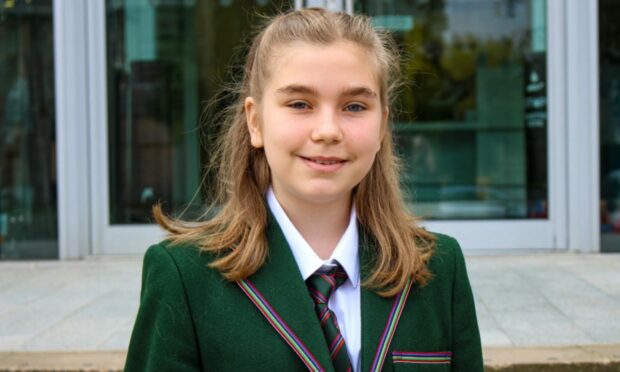
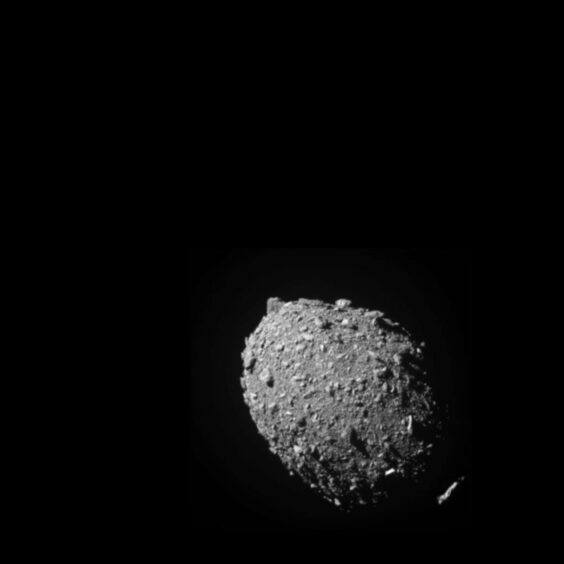
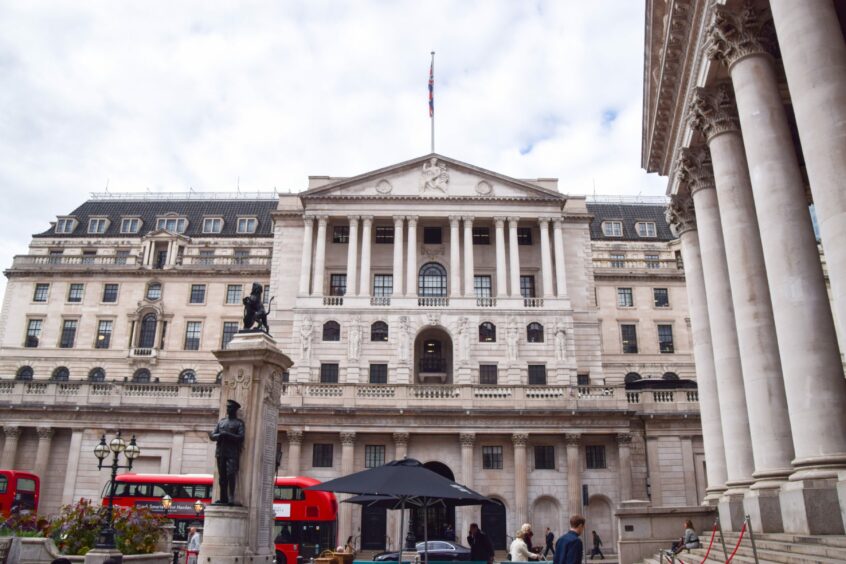
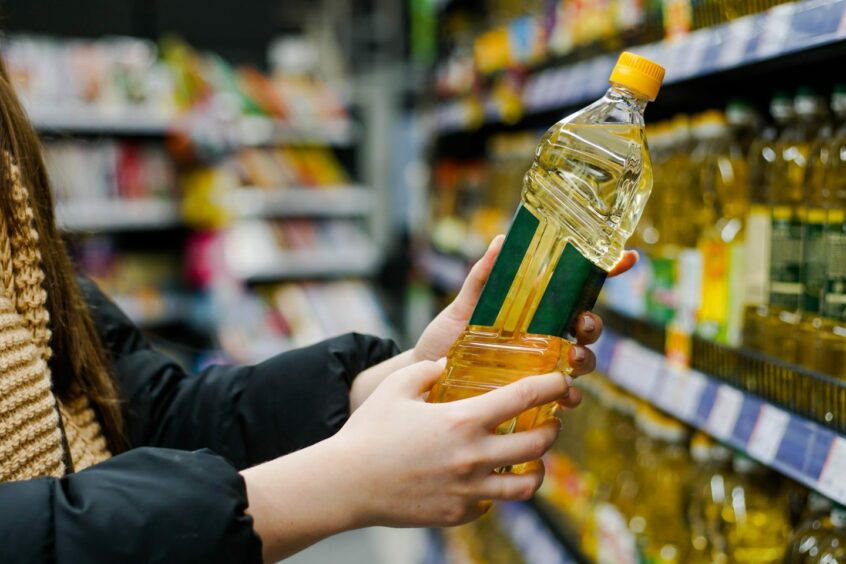

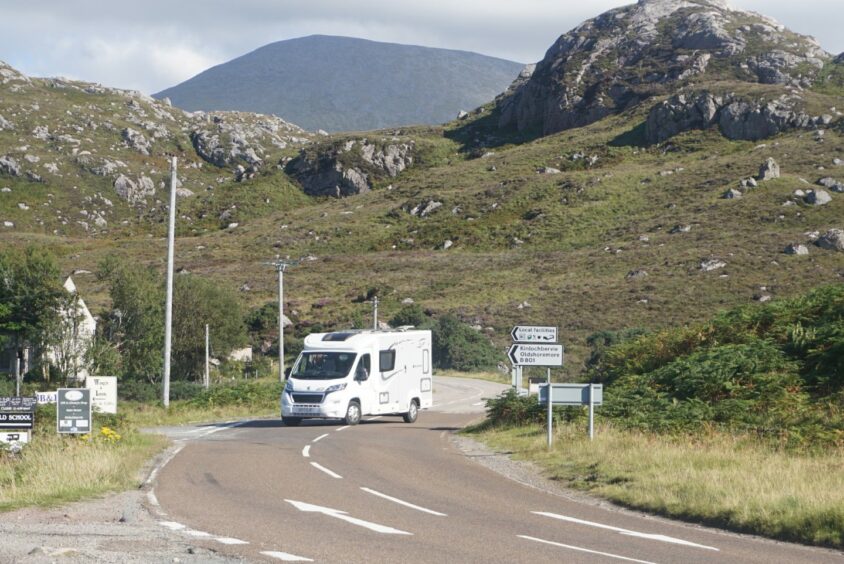
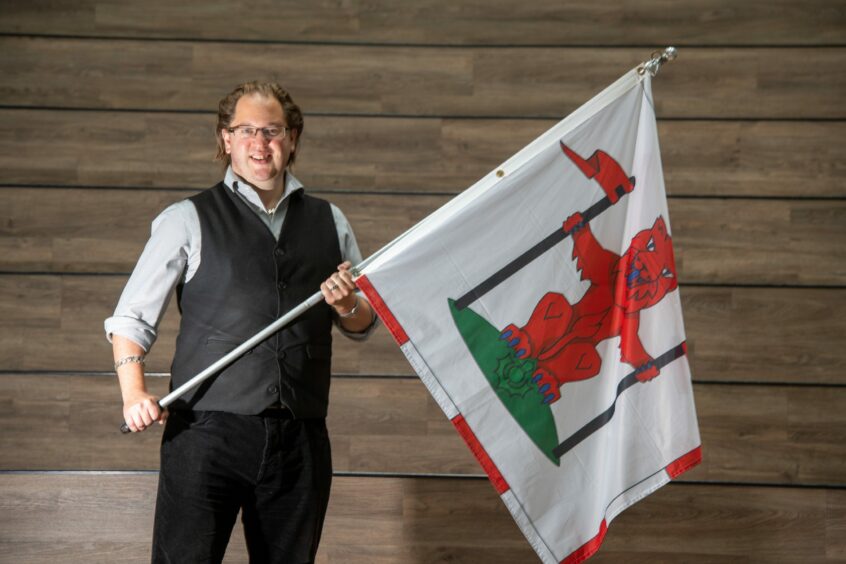
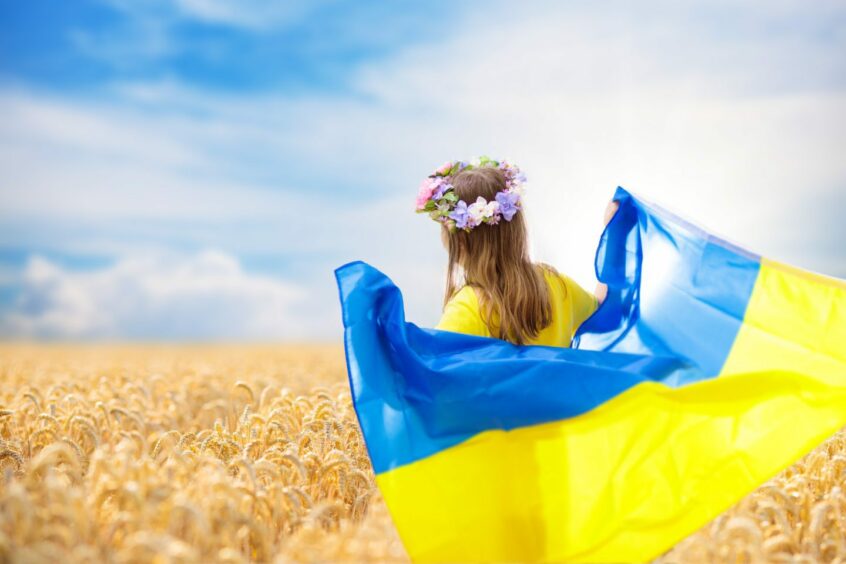
Conversation